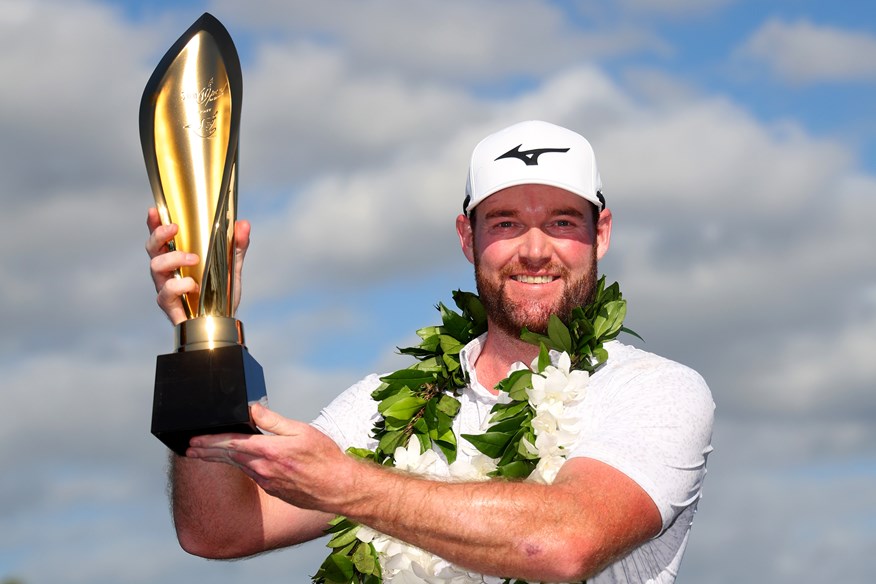Beef: “People assume that being a professional golfer makes us immune from life’s stresses”
Last updated:
Perspective. It’s something golf has desperately needed over the last couple of years. It’s heartbreaking that it’s taken the death of one of our own to highlight that truly.
Grayson Murray’s passing is a tragedy. Not because he was a golfer, but because he was a human being. A young man who was trying to fight his demons. The fact taking his own life felt like the solution to those struggles for a 30-year-old with so much to live for is truly awful.
Grayson had spoken openly about his battle with alcohol and depression, but he appeared to have taken huge steps and talked positively about his progress. He was playing good golf, and he won on the PGA Tour this year. Things seemed encouraging from the outside looking in. But that’s the key. The outside looking in. None of us truly know what was going on in his head. Why he chose to walk off the course after 16 holes and made that final decision. Golf is such a singular sport. It’s not like football or rugby where there are big squads and everyone’s keeping an eye on everyone. We’re out on the road spending a lot of time away from families and friends, often alone in strange cities or hotel rooms with lots of time to think.
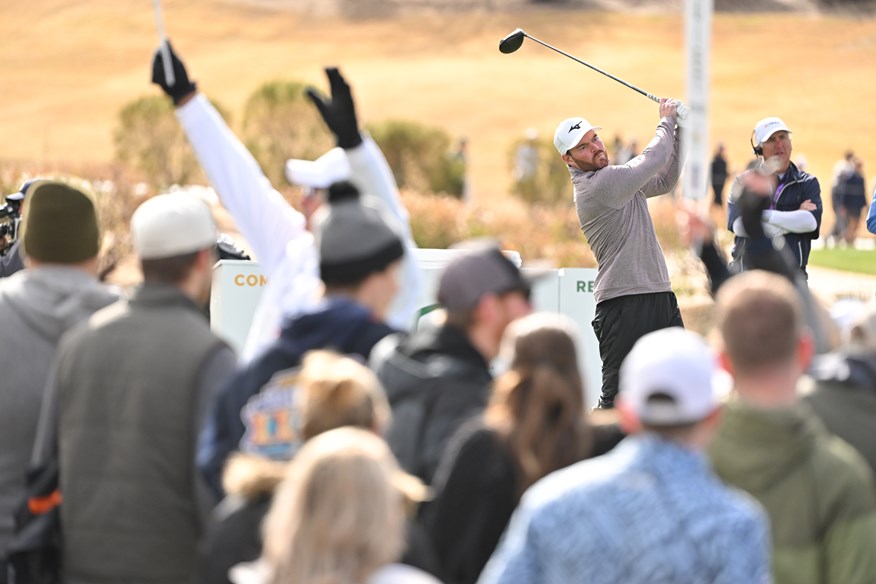
It’s very easy to forget, especially in the modern game where there’s so much focus on money and the divide, that golfers are still normal people. We laugh, we cry, we have self-doubt. We aren’t immune from life’s stresses just because we’ve got a job that other people dream about. Naturally, sport brings with it amazing highs, and some serious lows, but golf by design will leave all but one of us failing to achieve our goal every week. Only one man can win and, coupled with the lifestyle on Tour, it’s mentally grueling.
Grayson had previously suggested he didn’t get the support he needed from the PGA Tour. The fact he’s no longer with us means questions will be asked if more could have been done. What the Tour must do now is ensure this never happens again and that those impacted are well supported. Peter Malnati is a prime example. He’d been playing alongside Grayson at the Charles Schwab and his emotional interview was one of the most gut-wrenching things I’ve watched. It must be so difficult for him and I just hope that he’s not putting any blame on himself and is being looked after.
It doesn’t matter who we are, there will be times in life when we’ve struggled, but I guarantee we haven’t all immediately spoken out or sought help. Sometimes we might not even realize that we’re sinking – it creeps in over time and we just assume tomorrow will be better. Sometimes we are aware, but it’s easier to put a face on in public. Talking about our battles and mental health has become more commonplace, and encouraged, and that is positive, but that still doesn’t mean everyone will be ready to do it. What’s so tragic is that Grayson had been open about the challenges he’d faced but for some reason, on this occasion, he felt he couldn’t.
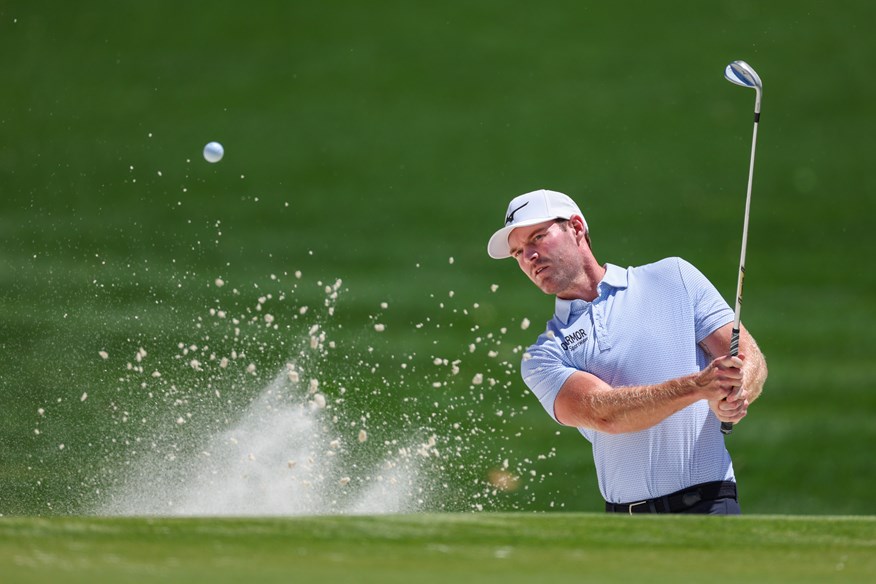
The hidden injury
The doctor on the DP World Tour told me that mental health issues are the second most common thing he deals with among the players. What’s good is that people are talking to him and that the Tours have things in place to help, but even then, it still requires the person who is struggling to put themselves in front of him. I was talking to my coach Jamie Gough, who also looks after Matthieu Pavon, and Matthieu has been practicing at the same course as Grayson for the past few months. He coaches Ryan Fox, too, and they’d played together. He said there were no signs that this could happen – you’d never have seen it.
That’s the challenge with depression. Unlike a big injury, you can’t walk down the range and instantly spot a player whose mental health needs treatment. If someone says they’re doing good then, for the most part, you have to take them at their word and just keep checking in on them if you’re concerned.
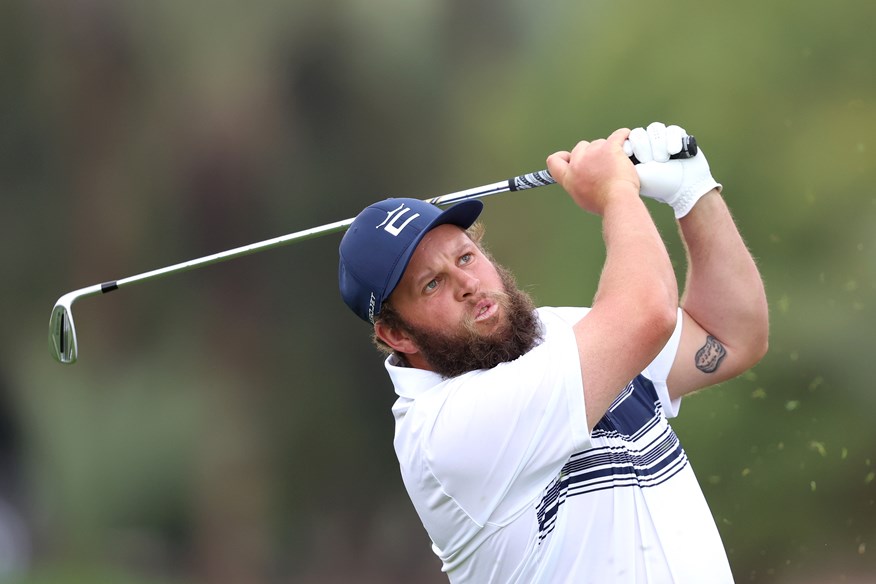
I’ve spoken openly about my own struggles in the past. When I started to become successful, especially when I went to the States, I was pulled from pillar to post, almost led astray. I wasn’t managing my own time, I struggled to say no, my game suffered, I started hanging on to negative thoughts and I ended up exhausted. I hit a point where I just wanted to be in a dark room for a week.
I’ve spent a lot of the last two years injured, questioning if my career is over, slipping back into a dark place. I stood on the 19th floor of a building in Singapore and started to wonder what would happen if I just jumped off.
But I’m so thankful that I have good people around me who have helped me. I don’t know where I’d be If it hadn’t been for my wife Jodie. Thanks to her I spent some time with Steve Peters (psychologist) and he effectively helped me rewire my brain and process things differently.
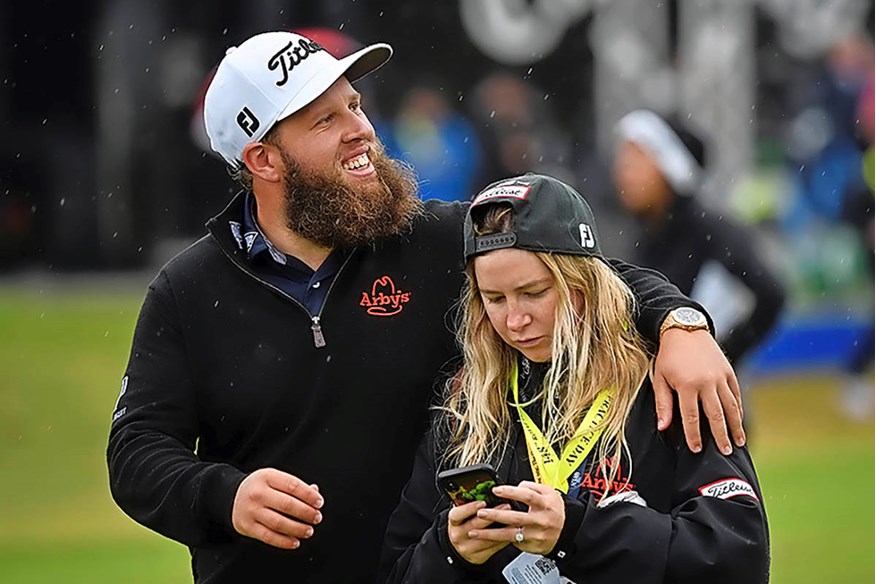
Now I’m back on Tour and I’m treating things very differently. Golf always felt like the most important thing in the world. I need to make the cut, I need to keep my card, I want to win that tournament. I need to play the Ryder Cup. All of those things are still true, and I’m going to try my best, but they’re way down the list of what matters the most. Now, if I miss a cut, I’ll go and get ice cream with Harley (daughter) because she doesn’t care if I’m playing the weekend or shot 90!
There were times when I was injured in Africa after making my comeback and some negative thoughts would creep in. But then I drove past the township and was like “What the fuck are you moaning about, here?” I’m feeling sorry for myself and people are living in poverty. And I know it’s always easy to find people worse off than you, but sometimes you need that reality check.
Think about others
When I look back in my old age I want to be remembered for being a loving husband and father, a nice guy, not by how many tournaments I played, cuts I made, or trophies I won.
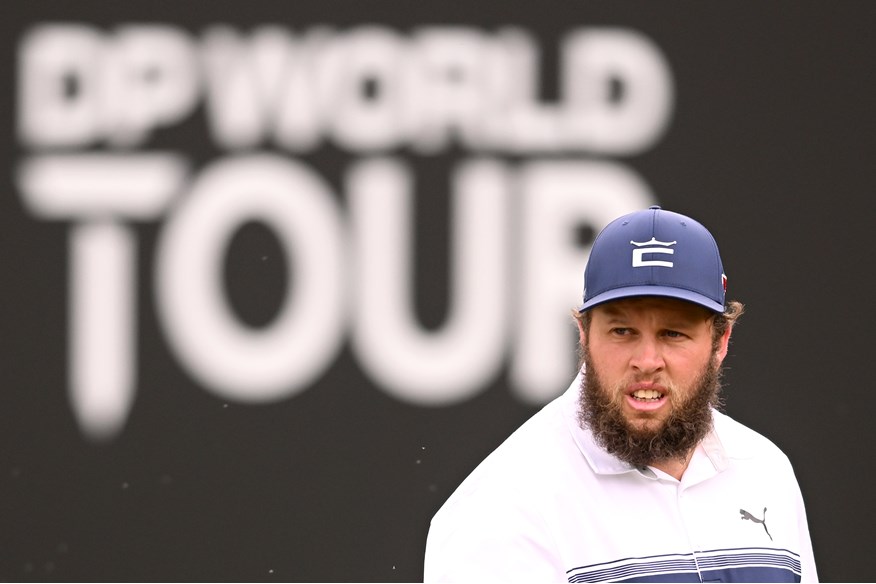
A tragedy like this sends shockwaves and causes a feeling of hurt whether you knew Grayson personally or not. We’re human and we all find ourselves imagining how those closest to him are feeling. Regardless of everything that’s gone on in golf over the last couple of years, as pros we all have huge respect for one another. Everyone’s working hard, trying to get the most out of their career, stay healthy and provide for their families.
It shouldn’t take a loss of life for us to step back and look at the bigger picture, but we need to remember this newfound perspective. If Grayson’s death can remind us all to think about others and check in on friends and colleagues, then at least his family may find some consolation from something so devastating.
For emotional support you can call the Samaritans 24-hour helpline on 116 123, email jo@samaritans.org , visit a Samaritans branch in person or go to the Samaritans website.
LISTEN TO BEEF’S GOLF CLUB NOW
SUBSCRIBE TO TODAY’S GOLFER: Print and Digital access, discounts and rewards!
-
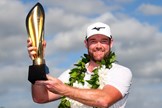 Andrew 'Beef' Johnston has urged us all to look after each other after fellow golfer Grayson Murray's tragic suicide.
Andrew 'Beef' Johnston has urged us all to look after each other after fellow golfer Grayson Murray's tragic suicide.
-
 Beef playing in the 2023 Hero Dubai Desert Classic at Emirates Golf Club
Beef playing in the 2023 Hero Dubai Desert Classic at Emirates Golf Club
-
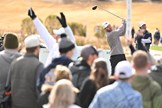 Grayson Murray on the 13th tee of the WM Phoenix Open at TPC Scottsdale
Grayson Murray on the 13th tee of the WM Phoenix Open at TPC Scottsdale
-
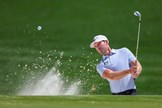 Grayson Murray during the 2024 Wells Fargo Championship at Quail Hollow Country Club
Grayson Murray during the 2024 Wells Fargo Championship at Quail Hollow Country Club
